No products in the cart.
We deliver to:
🇦🇺 Australia
🇨🇦 Canada
🇨🇿 Czechia
🇩🇰 Denmark🇪🇪 Estonia
🇮🇪 Ireland
🇮🇱 Israel
🇮🇹 Italy
🇯🇵 Japan
🇲🇽 Mexico
🇵🇱 Poland
🇰🇷 South Korea
🇨🇭 Switzerland
🇬🇧 United Kingdom
🇺🇸 United States of Americaand more
We deliver to:
🇦🇺 Australia
🇨🇦 Canada
🇨🇿 Czechia
🇩🇰 Denmark🇪🇪 Estonia
🇮🇪 Ireland
🇮🇱 Israel
🇮🇹 Italy
🇯🇵 Japan
🇲🇽 Mexico
🇵🇱 Poland
🇰🇷 South Korea
🇨🇭 Switzerland
🇬🇧 United Kingdom
🇺🇸 United States of Americaand more
[category_image]
Serrata enteric-coated tablets 10 mg 150 pcs.
$65.79
Serrata is used to treat sports injuries, acute painful dermatoses, sprains and strains, fractures and dislocations. It helps reduce swelling after surgery, reduces pain and promotes faster tissue repair.
Categories: Musculoskeletal system
Brand: Kusum Healthcare
Pharmacological properties
Pharmacodynamics. Serratiopeptidase is a proteolytic enzyme isolated from the non-pathogenic intestinal bacterium Serratia E15. It has fibrinolytic, anti-inflammatory and anti-edematous activity. In addition to reducing the severity of the inflammatory process, serratiopeptidase reduces pain by blocking the release of pain amines from inflamed tissues. Serratiopeptidase binds in a 1: 1 ratio to α2-macroglobulin of the blood, which masks its antigenicity, but retains enzymatic activity. Then gradually at the site of inflammation it turns into exudate and, accordingly, its level in the blood decreases.
Serratiopeptidase directly reduces capillary dilation and controls capillary permeability by hydrolyzing bradykinin, histamine, and serotonin. Serratiopeptidase also blocks plasmin inhibitors, thereby enhancing the fibrinolytic activity of plasmin. It improves the rheological properties of sputum by proteolysis of structural proteins and promotes its clearance.
The enzymatic activity of the drug is 10 times higher than that of α-chymotrypsin. In the focus of chronic inflammation, serratiopeptidase helps reduce the level of inflammatory mediators of polypeptide nature (bradykinin), fibrin, but does not have a significant effect on proteins of a living organism, such as albumin and α- and γ-globulin.
The drug penetrates well into the areas of inflammation, lyses necrotic tissues and their decomposition products, reduces hyperemia and accelerates the penetration and activity of antibiotics. The drug reduces the viscosity of saliva and nasal secretions, thereby facilitating their removal.
Pharmacokinetics. The drug passes through the stomach unchanged and is absorbed in the intestine. The drug is not inactivated by gastric juice. C max in blood plasma is reached after 1 hour. Serratiopeptidase reaches the bloodstream in an enzymatically active form, is also excreted in an active form with bile and is found in small amounts in urine.
Indication
Surgical diseases: sprains and ligament tears, fractures and dislocations, swelling caused by plastic surgery.
Respiratory diseases: reduces the viscosity of phlegm and facilitates its discharge from the respiratory tract.
ENT diseases: facilitates the drainage of sinus secretions.
Skin diseases: acute inflammatory dermatoses.
Diseases of the female genital organs and mammary glands: hematomas, congestion in the mammary glands.
Application
The drug is prescribed to adults 1 tablet 2-3 times a day after meals.
The tablets should be swallowed without chewing, with 1 glass of water.
The maximum daily dose is 30 mg.
The dose and duration of the treatment course depend on the nature and dynamics of the pathological process and are determined in each case individually by the doctor.
Contraindication
Hypersensitivity to serratiopeptidase or any other component of the drug. Blood clotting disorders.
Side effects
Gastrointestinal: diarrhea, nausea, vomiting, anorexia, epigastric discomfort, abdominal pain.
Respiratory system: nosebleeds, bloody sputum, acute eosinophilic pneumonia.
On the part of the immune system: hypersensitivity reactions are possible in individuals with individual intolerance to the components of the drug.
Skin: skin rashes, itching, skin hyperemia.
Special instructions
Since the drug affects the blood clotting system, it should be used with caution in the following conditions:
- threat of bleeding;
- violation of blood clotting time;
- taking anticoagulants;
- severe liver disease;
- severe kidney disease.
Excipients: The drug contains lactose, so it should not be used in patients with rare hereditary diseases such as galactose intolerance, the Lapp lactase deficiency or glucose-galactose malabsorption.
Use during pregnancy and breastfeeding. The use of the drug during pregnancy and breastfeeding is not recommended due to the lack of clinical data.
The ability to influence the reaction speed when driving vehicles or other mechanisms. Does not affect.
Children: The drug should not be used in children due to the lack of clinical data.
Interactions
When used simultaneously, the drug enhances the effect of anticoagulants (such a combination of drugs should be used under close supervision), accelerates the penetration of antibiotics and NSAIDs into inflamed tissues.
Overdose
Symptoms: nausea, vomiting, anorexia, epigastric discomfort, in some cases – bleeding and streaks of blood in the sputum.
Treatment: therapy is symptomatic.
Storage conditions
At a temperature not exceeding 25 °C.
Be the first to review “Serrata enteric-coated tablets 10 mg 150 pcs.” Cancel reply
You may also like


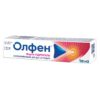
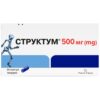
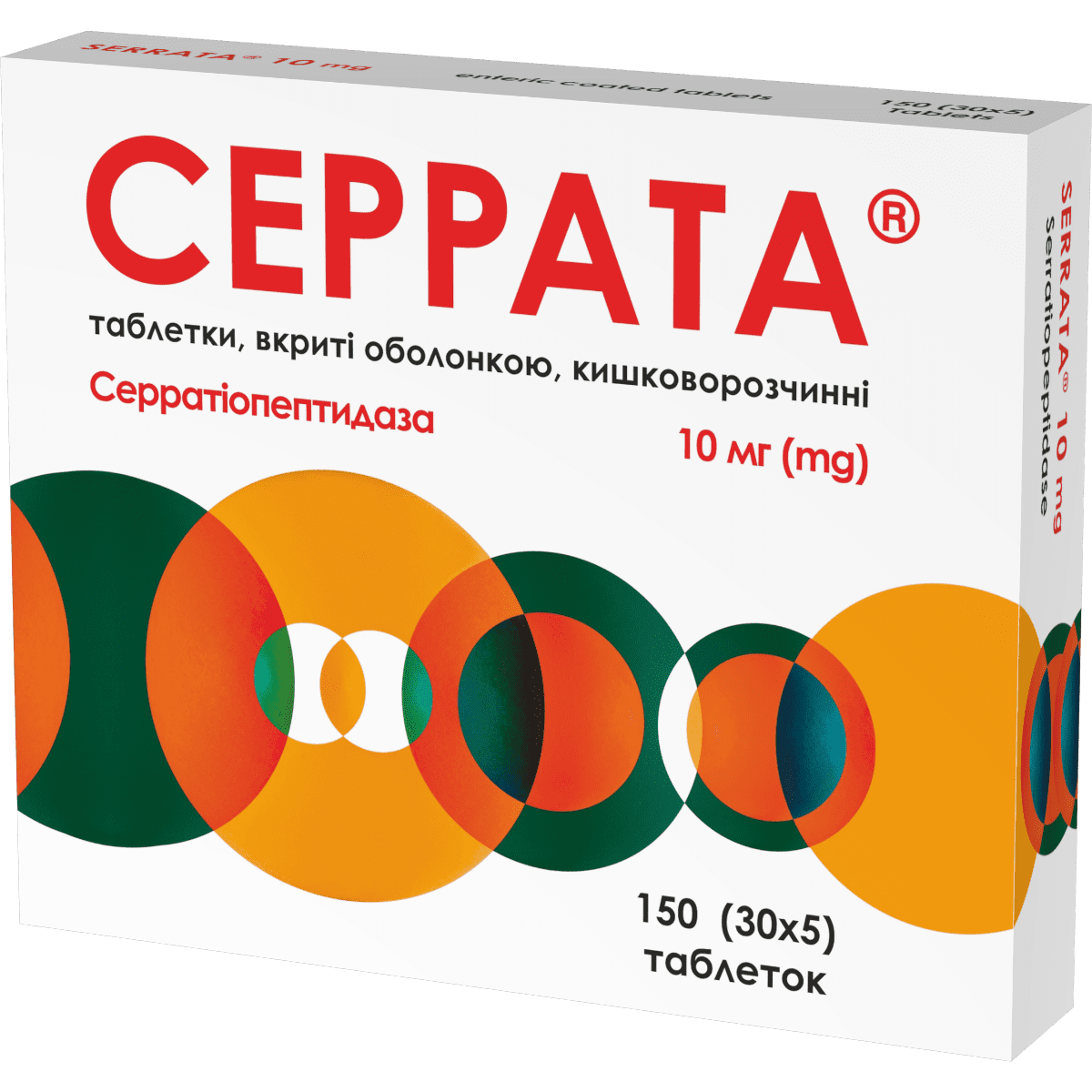
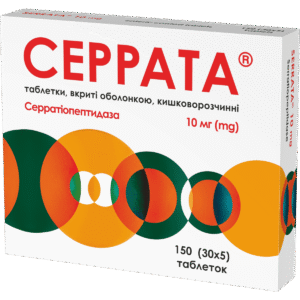
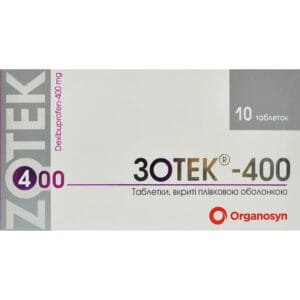
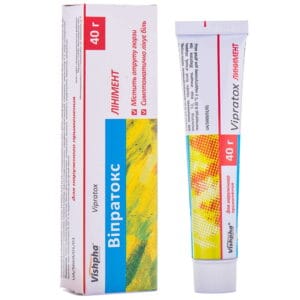
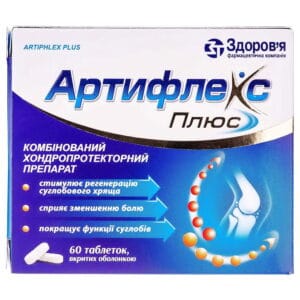
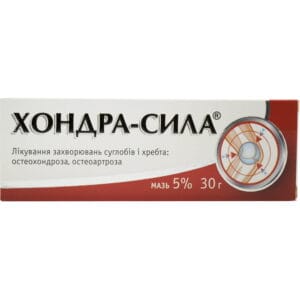
Reviews
There are no reviews yet.